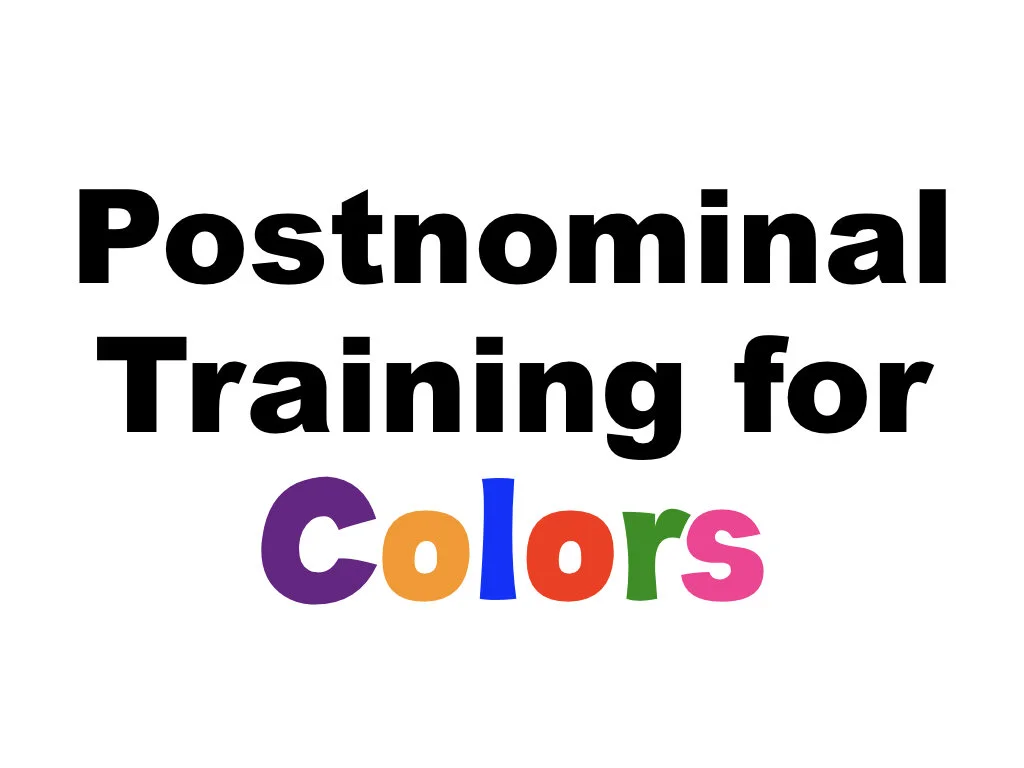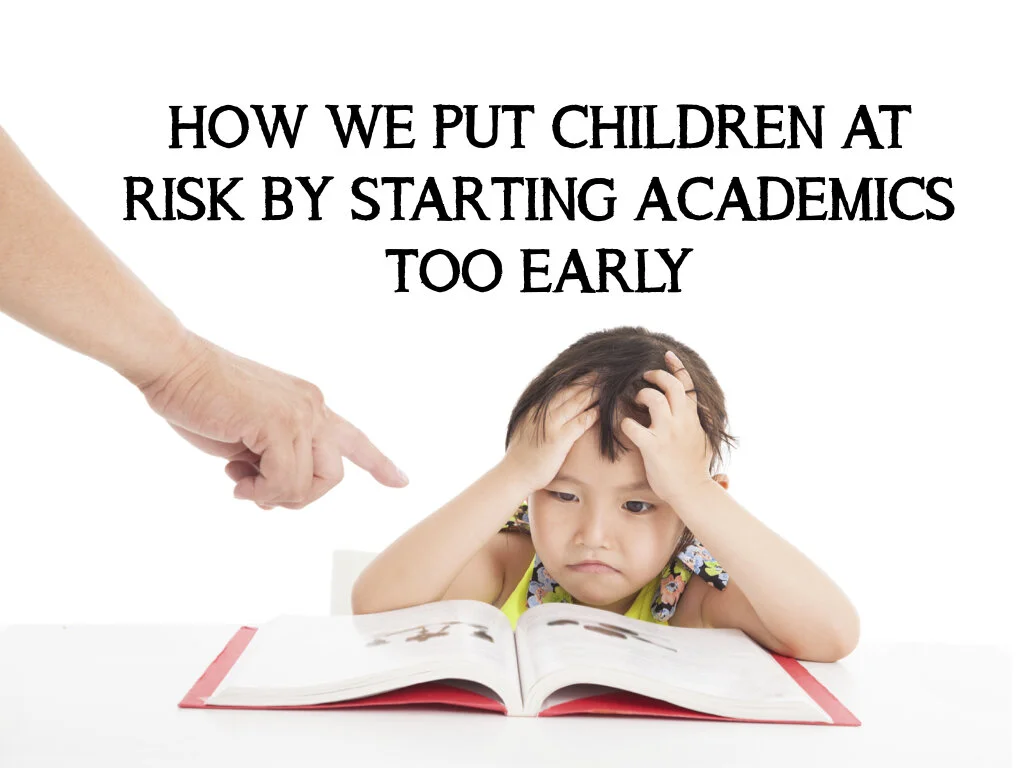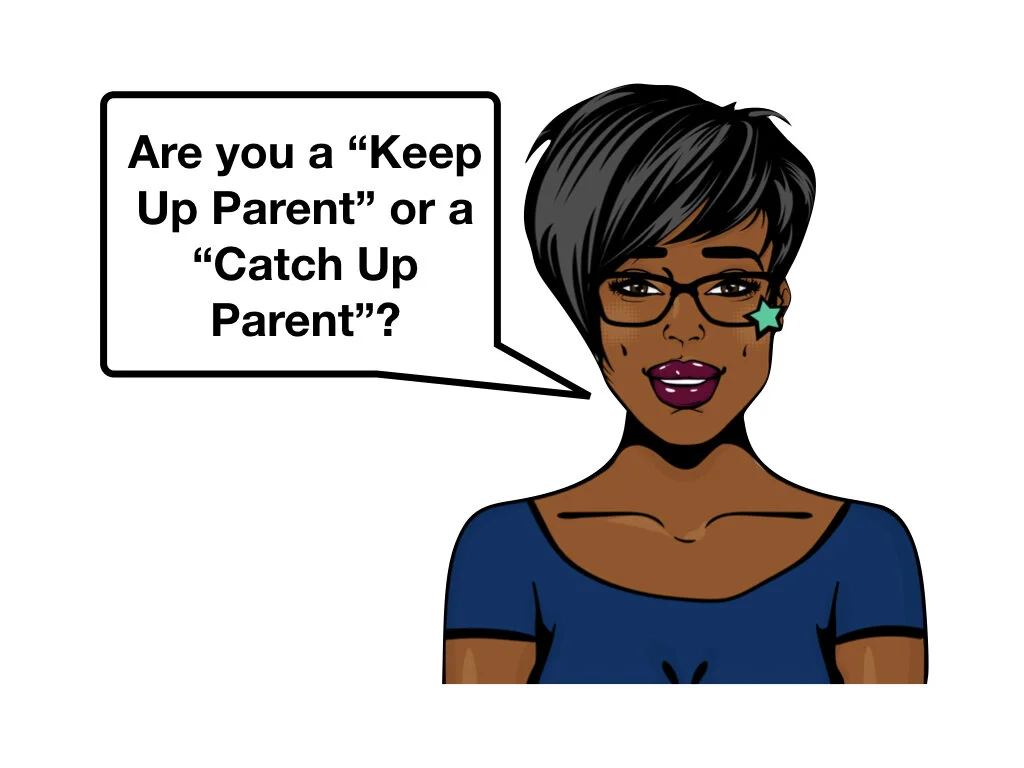0
items
$0
Did You Know?
Early Trauma & Psychological Health
By: Bette Lamont, MA/DMT
Early physical and emotional traumas can cause developmental gaps, and mild brain injuries can have pervasive consequences throughout our lives if we don’t address them.
Letter Reversals - b and d
The majority of kids outgrow reversing as they become better readers and more proficient at writing. Reversing letters is normal and fairly common up until the age of 7.
The letters b, d, p and q are really all the same letter. They’re just flipped and turned. As adults and experienced readers, we’ve learned that their position makes a big difference.
Postnominal Training for Learning Colors
As it happens, English color words may be especially difficult to learn, because in English we throw in a curve ball: we like to use color words “prenominally,” meaning before nouns. So, we’ll often say things like “the red balloon,” instead of using the postnominal construction, “the balloon is red.”
Why does this matter?
WHY SOONER ISN’T BETTER
Like all parents, you want your children to thrive and succeed in school. I recognize that today’s families are under extreme pressure — from schools, from the media, and even from well-meaning friends and relatives — to push their children into academic work earlier and earlier.
By forcing academics with young children, not only are we failing to raise academic levels, we may be mislabeling or even damaging many of our bright, well-adjusted children.
Learning through Play - by David Elkind
Perhaps the clearest evidence for the role of play in the learning of young children comes from their babbling. No one teaches an infant to babble and all infants all over the world babble. In the course of babbling, children create all of the language sounds they need to speak any of the thousands of extant languages.
Article: Are you a Keep Up or Catch Up Parent?
The typical approach in regular classrooms is to "Keep Up" with the class.
This approach ignores problems and focusses on completing assigned work that keeps the teacher happy. Parents and special teachers are expected to assist in "Keeping Up."
Construction Enterprise vs. Operation Enterprise
A good analogy for what SMART produces is to note the difference between a construction
enterprise and an operation enterprise.
A hotel under construction has quite a different set of activities and employees compared
to the later operation phase.
So too, with the young brain where we are in the long-term construction phase from conception to mid twenties.







